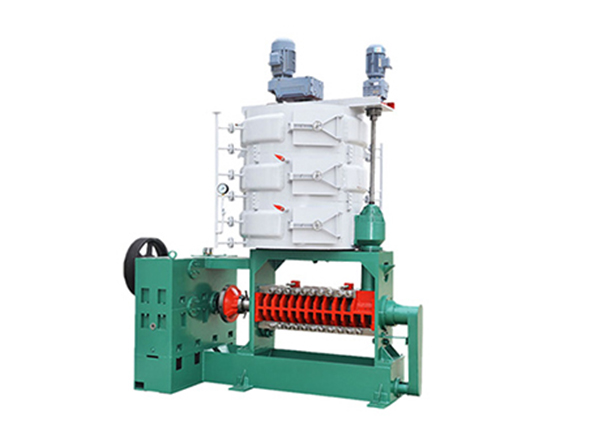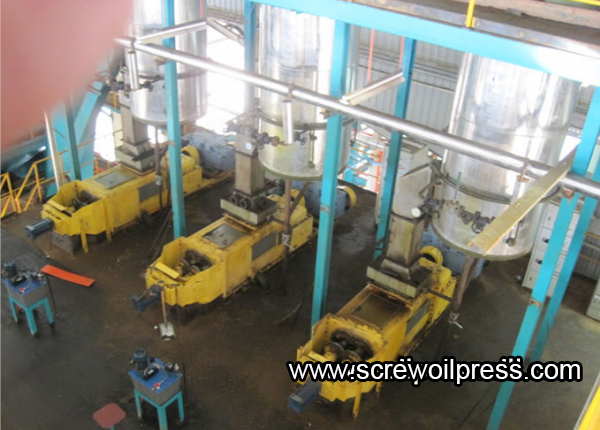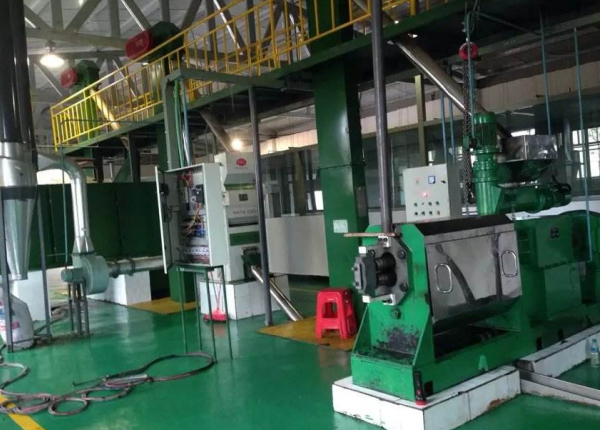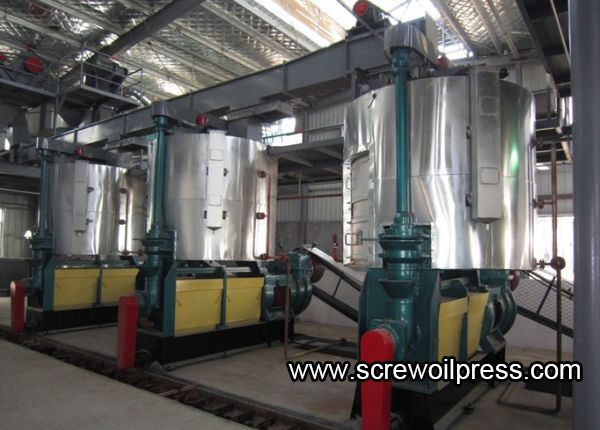- Oil Mill Machinery
- Oil Refinery Machinery
- Oil Processing Plant
- Solvent Extraction Plant
- Animal Oil Processing Machine
- Feed Processing Machine
- Palm Oil Mill
- Industrial Drying Machine
- Grain Processing Machinery

NEWS
Why Add Brine To Centrifugal Filter
Time:Fri-07-22 hits:
When filtering edible oil, oil filtration is divided into media filtration and non-media filtration.
There is media filtration, that is, filter cloth filtration, and often does not need to add salt water.
Centrifugal filters are medium-free filtration and need to add salt water.
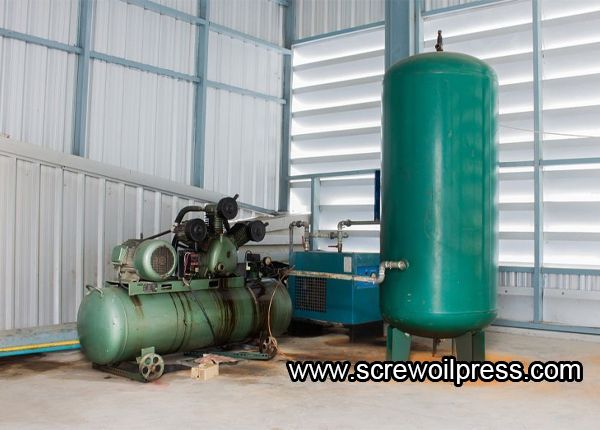
Centrifugal filters serve two purposes when adding brine during filtration:
1. Salt can be deacidified.
Because the salt is sodium chloride, it contains partial alkalinity, which can be neutralized with the acidity in the crude oil to achieve the purpose of deacidification;
2. Water can be dephosphorized.
Water melts into the crude oil, fuses with the phospholipids in the crude oil and expands, increasing the specific gravity of the phospholipids. The phospholipids can be removed by the centrifugal force generated by the high-speed rotation of the centrifugal oil filter.
The principle of the centrifugal oil purifier is to drive the high-speed rotation of the oil cylinder inside the oil purifier through the rotation of the motor to generate a centrifuge, forcing the sludge with a large specific gravity to be thrown and attached to the inner wall of the oil purifier. So as to achieve the effect of filtering oil.
The effect of adding salt is that Na+ particles and Cl- particles in salt water increase free and accelerate aggregation.
The effect of adding water is that the main component of sludge is phospholipids, and phospholipids have a physical property that absorbs water, expands, and aggregates. After aggregation, it is easier to throw out and absorb.
Add salt for deacidification, add water for dephosphorization, and increase the oil filtering effect.
3. The ratio is 1: 100(salt water: crude oil).
The ratio of brine referred to here is brine and crude oil, while the ratio of water and salt is 9 taels: 1 taels (water:salt).
The crude oil extracted by the oil press belongs to the colloid system, and the colloidal impurities include phospholipids, proteins, mucilage and glycosyl diglycerides.
The presence of peptizing impurities affects the stability of the grease. For example, the crude oil is easy to foam, stagnate, and smoke. Crude oil needs to be freed from peptizing impurities.
Edible oils are often degummed by hydration.
Hydration and degumming: Using the hydrophilicity of peptizing impurities such as phospholipids, a certain amount of hot water or salt and other electrolyte aqueous solutions are prepared.
When added to the hot crude oil under stirring, the phospholipids that have undergone hydration adsorb other colloids in the oil, the particles increase, and then aggregate with each other to gradually precipitate and suspend in the oil phase.
With the increase of water absorption, the degree of expansion increases, and the small micelles attract each other and aggregate into large micelles, which lays the foundation for centrifugal separation.
The centrifugal filter achieves the separation of oil and residue through high-speed rotation.





